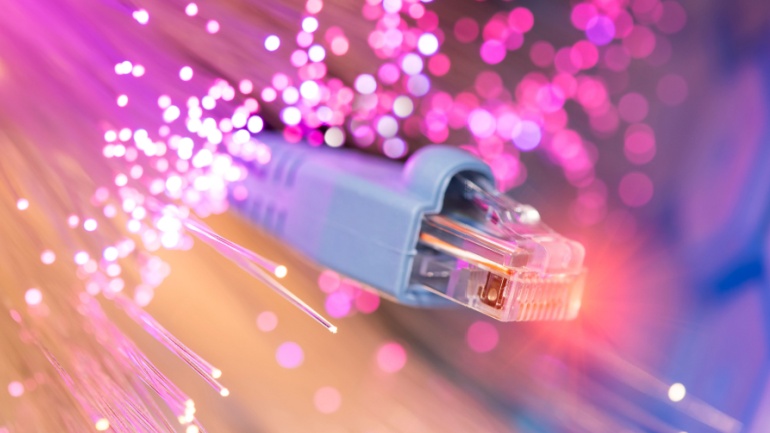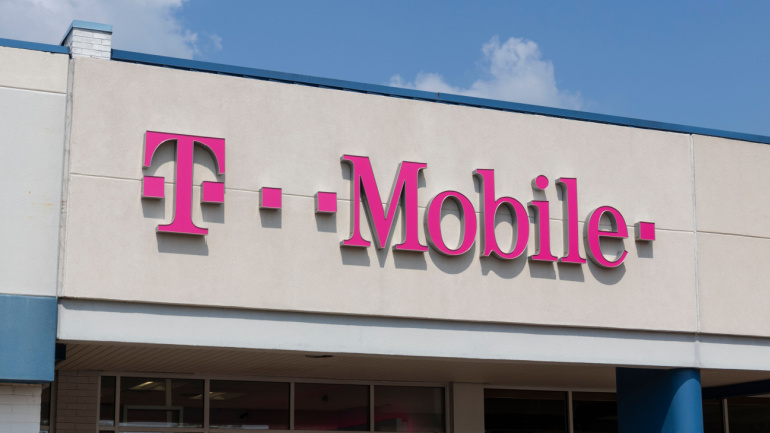A recent spectrum auction in Austria, overseen by the country’s telecoms regulator, the RTR (Austrian Regulatory Authority for Broadcasting and Telecommunications), has introduced a noteworthy condition aimed at promoting energy efficiency within the telecommunications industry.
In a strategic move aimed at bolstering its foothold in the competitive telecommunications arena, US telecom giant AT&T has unveiled its Internet Air service for business customers, marking a significant shift in its approach to 5G fixed-wireless access (FWA).
The $24 billion merger between T-Mobile and Sprint drastically reshaped the US mobile landscape, reducing the country’s major operators. To counterbalance this change, Dish Network intended to purchase T-Mobile’s 800 MHz licenses.
T-Mobile US, a significant player in the US telecommunications industry, has maintained its leadership position in customer growth in 2023, despite a notable decrease compared to its previous year’s performance. The company, which recently revealed its annual and quarterly financial results, continues to outpace its main competitors, AT&T and Verizon, particularly in the postpaid mobile customer segment.
In a groundbreaking move, T-Mobile, known as the Un-carrier, has achieved a significant milestone by completing the world’s first six-carrier aggregation call using sub-6 GHz spectrum on its operational 5G network. Collaborating with industry leaders Ericsson and Qualcomm Technologies, Inc., T-Mobile reported astonishing speeds exceeding 3.6 Gbps during the test, showcasing its commitment to pushing the boundaries of wireless technology.
In a groundbreaking collaboration, T-Mobile US and SpaceX are gearing up for the field testing of Starlink satellites, heralding a significant stride in eliminating mobile coverage dead zones. While the exact date for the commencement of field testing remains undisclosed, T-Mobile is optimistic about its imminent initiation, stating that the low-Earth orbit deployment of satellites sets the stage for the forthcoming trials.
In collaboration with Ericsson and Qualcomm, T-Mobile, renowned as the ‘uncarrier,’ has undertaken a groundbreaking 5G standalone (SA) test, showcasing the potential of its millimeter-wave (mmWave) spectrum. The test utilized an impressive eight channels, achieving a peak download speed of 4.3 Gbps, with uplink channels combining to reach 420 Mbps.
This saga involving T-Mobile’s massive $23 billion merger takes a fresh twist as the company is pushed into the spotlight over allegations of anti-competitive activities. Seven complainants allege that the consolidation of the mobile space resulted in AT&T and Verizon hiking their prices. With these lawsuit-triggered questions featuring at the heart of the upcoming Connected America conference, the telecom industry braces itself for this landmark case’s outcomes.
In a surprising twist, T-Mobile has withdrawn its plan to move select subscribers to more expensive mobile plans, a decision triggered due to substantial backlash from customers and the media. While emphasizing the necessity for small-scale tests as part of enhancing customer experience, T-Mobile’s CEO has hinted at the likelihood of similar attempts in future.
Despite a minor dip in its median download speed, T-Mobile continues to reign in mobile performance. However, Verizon and AT&T are gradually closing the gap, as reflected in Ookla’s recent market report. Nonetheless, T-Mobile remains dominant, not only in download speed but across most network parameters. The race is particularly close in 5G latency and consistency, where all three telecom giants exhibit competitive performance. Stay tuned as these corporate titans strive to have the final say in technological supremacy.













